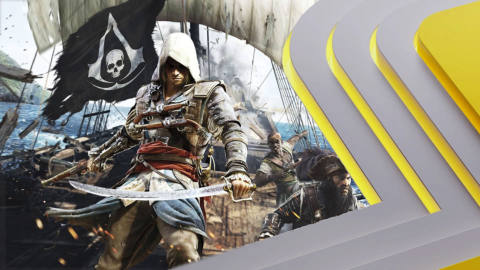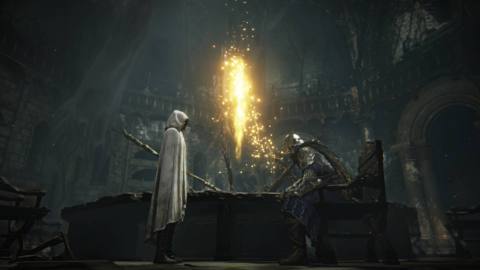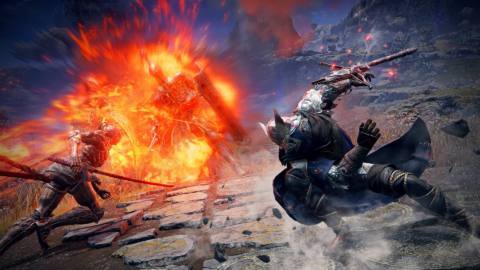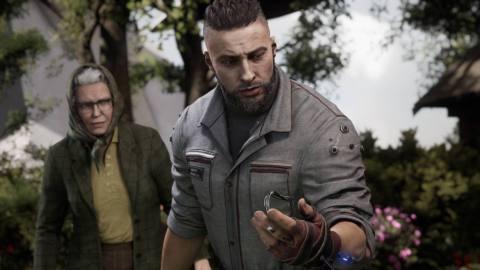
The tide was against Assassin’s Creed 4: Black Flag from the start. Coming out just one year after the disastrous, nearly franchise-ending reception of Assassin’s Creed 3, Black Flag needed to prove that the parkour-loving, history-altering tastes of the series were still relevant. That players should still care about the tired Assassins versus Templars beef that had, at this point, become the core narrative of five games. That there was still an appetite for the icon vomit open world stylings of a publisher quickly losing favor with swathes of the gaming audience.
Enter, then, Black Flag. Eschewing the heady streets of Italy or Constantinople, and removing itself as much as possible from the frigid wilds of Frontier America, this new game promised something different – something gamers hadn’t really seen since Sid Meier’s Pirates! (and wouldn’t see again until Sea of Thieves). Black Flag – as you’d probably guess from that evocative moniker – promised a sea-faring pirate adventure. It promised treachery, plunder, terror on the high seas. It promised rum. It promised to correct the course of the series after Assassin’s Creed 3 ran aground.
And you know what? It delivered on all those promises.






